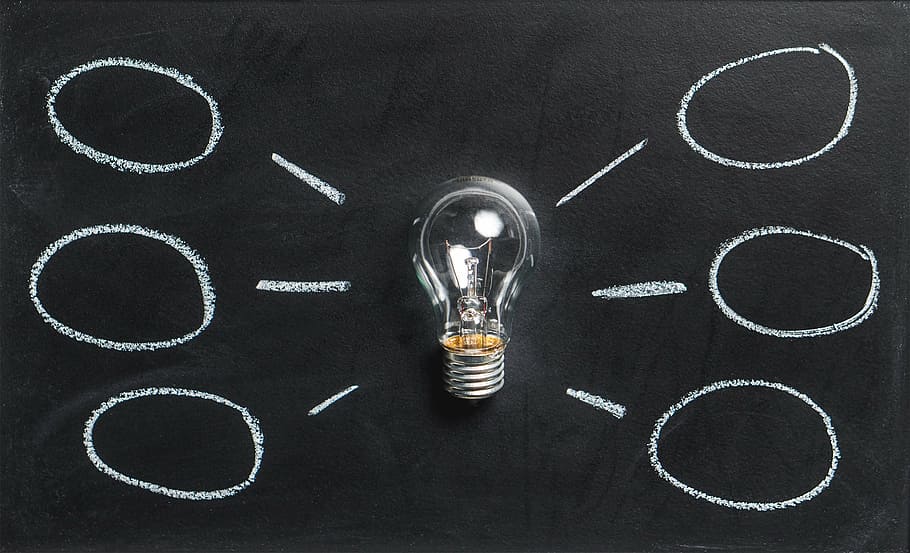Abstract
Review sessions are conventionally structured as a Q&A session in which individual students ask the instructor questions about the course materials. This form yields the most fruitful learning outcome when students actively review the course content beforehand and identify specific questions they cannot answer. However, Q&A-style review...
Download this resource to see full details. Download this resource to see full details.
Details
- Subject Area(s):
- Introduction to Sociology/Social Problems, Policy Analysis, Public Policy, Race, Class and Gender, Small Groups, Stratification/Mobility, Teaching and Learning in Sociology
- Resource Type(s):
- Assignment, Class Activity
- Class Level(s):
- Any Level, College 100
- Class Size(s):
- Medium, Small
Usage Notes
This activity requires two sessions for a total of 80 minutes of in-class work—30 minutes in session 1, setting up the stage for the review session next week, and 50 minutes in session 2, running a team-based review session. I elaborate this technique with illustrations drawn from an Introduction to Sociology class focusing on social inequalities. For...
Download this resource to see full details. Download this resource to see full details.
Learning Goals and Assessments
Learning Goal(s):
- Students will prepare for their exam in solidarity instead of studying alone.
- Students will develop a broader understanding of the course content.
- Students will experience reciprocity in peer learning.
Goal Assessment(s):
- Students will build teams, engage in small and large group discussion activities, and work collaboratively to create a study guide for themselves for the exam.
- Students will learn to articulate ideas and arguments synthesizing central messages across readings organized under a topic utilizing a topical concept mapping exercise.
- Students will feel their thoughts contribute to other people’s learning and their understanding of the course content benefits from their discussions with peers.
When using resources from TRAILS, please include a clear and legible citation.


